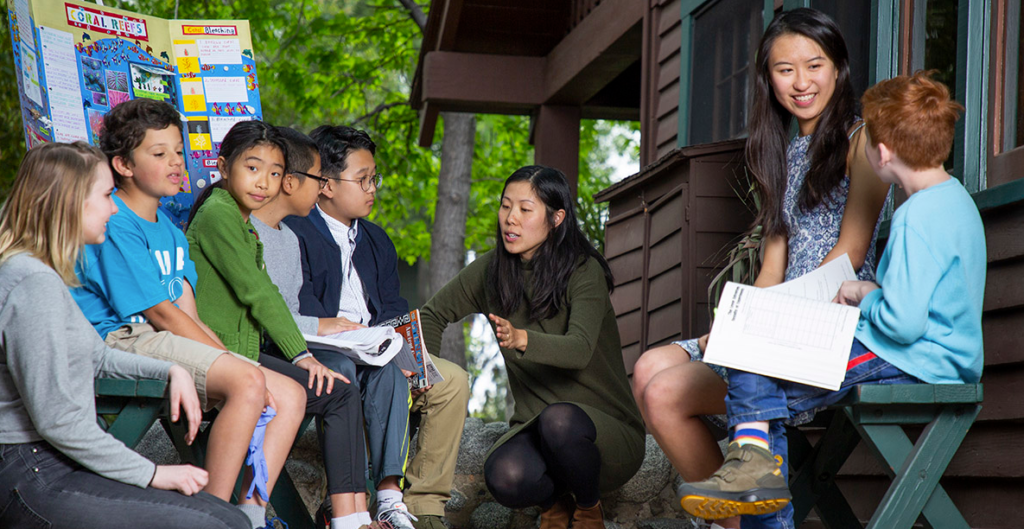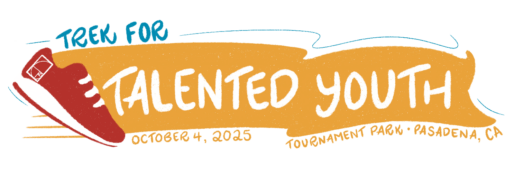By Jennifer De La Haye
As the COVID-19 pandemic has developed over the last couple of weeks, I have been struck by my own attachments to simple comforts and small routines – they make me feel safe, and when the grocery stores started feeling post-apocalyptic, I began to feel my sense of safety diminish. I realize that my experience of the pandemic is an incredibly privileged one; many people in our community have not only experienced a shift in routine – their lives have been upended. Some have lost jobs; some are struggling to feed their children, who usually eat breakfast and lunch at school; some are struggling to work full-time from home while trying to navigate emergency homeschooling; and some have gotten very, very sick or lost loved ones to the virus.
Whatever your experience has been during this time, I know that a loss of routine can feel foreboding. Children rely on their routines for their own sense of stability, and while transitions are difficult for all of us, they are especially unsettling and scary for children. Even a transition as simple as shifting from park time to get-in-the-car time can yield a reaction so intense that you might feel compelled to hide behind the twisty slide until the volcano in the middle of the wood chips ceases its erupting.
Gifted children experience a heightened awareness that is “qualitatively different from the norm,” (Columbus Group), and your child’s response to a shift in routine (no matter how slight the shift may seem) might manifest as intense anxiety, stomach aches, outbursts, reclusiveness, or all of the above, even if this extra time spent together has felt like a gift. My own child sat in the middle of the sidewalk during her scooter ride yesterday and wailed, WAILED, because a chirping bird in a tree, whom she had named “Baby Tweetie” did not come down to play with her. I was baffled. I thought the moment would pass quickly, but she cried about Baby Tweetie for hours: “BAAABY TWEEEEETIE! I LOVE HER AND SHE LOVES MEEEEE!” Her routine hasn’t shifted as dramatically as others’ have, but she is one of the most social people I know, and not playing with friends every day has been difficult for her. She longs for connection, and she was full of despair when her friend Baby Tweetie couldn’t offer it to her.
During my time working with Yunasa campers, I noticed that many gifted children feel intense anxiety relating to their perceived inability to affect change in a world of suffering. Younger kids might feel anxiety pertaining to their inability to affect change in their own, much smaller worlds. And when their lives have seemingly turned upside down, when their stabilizing routines have vanished, that anxiety might feel really big.
As we craft new routines during this time of transition, we might also provide tools for our kids to affect change in little ways. As I read Peace is an Offering by Annete LeBox to my daughters today, it occurred to me that it is completely within our power to spread peace right now, and we can empower our kids to do the same. What is peace, exactly? I think it is a sense of serenity, a feeling of acceptance, a knowing that we are ok, even when things are crumbling around us. We might experience peace as our anxieties calm down, our anger subsides, or our feelings of restlessness diminish. And as we work to spread peace in our little worlds (or in the world at large), we experience a greater measure of peace, too.
“Peace is an offering. A muffin or a peach. A birthday invitation. A trip to the beach. Peace is gratitude for simple things. Light through a leaf, a dragonfly’s wings. A kiss on the cheek, raindrops and dew. A walk in the park, a bowl of hot stew.”
We spread peace by putting forth little offerings of grace and kindness into our communities. We keep our eyes open and meet needs where we can. We remain attentive, looking for beauty everywhere.
“Peace is holding on to another. Peace is the words you say to a brother. Will you stay with me? Will you be my friend? Will you listen to my story till the very end?”
We help others experience peace when we offer them our presence and attention.
“And even in the wake of tragedy, even then, you might find her. In the rubble of a fallen tower. In the sorrow of your darkest hour. In the hat of a hero. In the loss of a friend.”
Peace can coexist with sorrow and turmoil.
“So offer a cookie, walk away from a fight. Comfort a friend through the long, dark night.” Sing a quiet song. Catch a falling star.”
I think this book is saying that peace is something we can all work to spread. It is something that each of us can offer. When we find needs and meet them, when offer kindness, when we provide our undivided presence (from a safe distance, of course), we are affecting change.
This week, someone sent me flowers for no reason, my neighbor offered to drop off lemon turmeric cake, and my daughter’s cousin sent her a postcard. All of these little offerings helped to spread peace because they got me thinking how we could spread some love too. And if this trajectory continues, peace ought to spread even as the coronavirus continues to disrupt our lives and harm people we love. These are tangible tools we can offer our children, who might be feeling especially powerless and uncertain: 1. Let’s find a need and meet it. 2. Let’s send someone something that will make them feel special. 3. Let’s offer each other our complete attention. 4. Let’s find beauty in every corner of our lives. 5. Let’s provide comfort for someone who is hurting.
“Sing a quiet song. Catch a falling star. May peace walk beside you wherever you are.”
We hope that you will share this blog with others who may find it helpful. If you are able, please consider contributing to the Institute for Educational Advancement to help our organization continue to provide exceptional programming during this difficult time.



